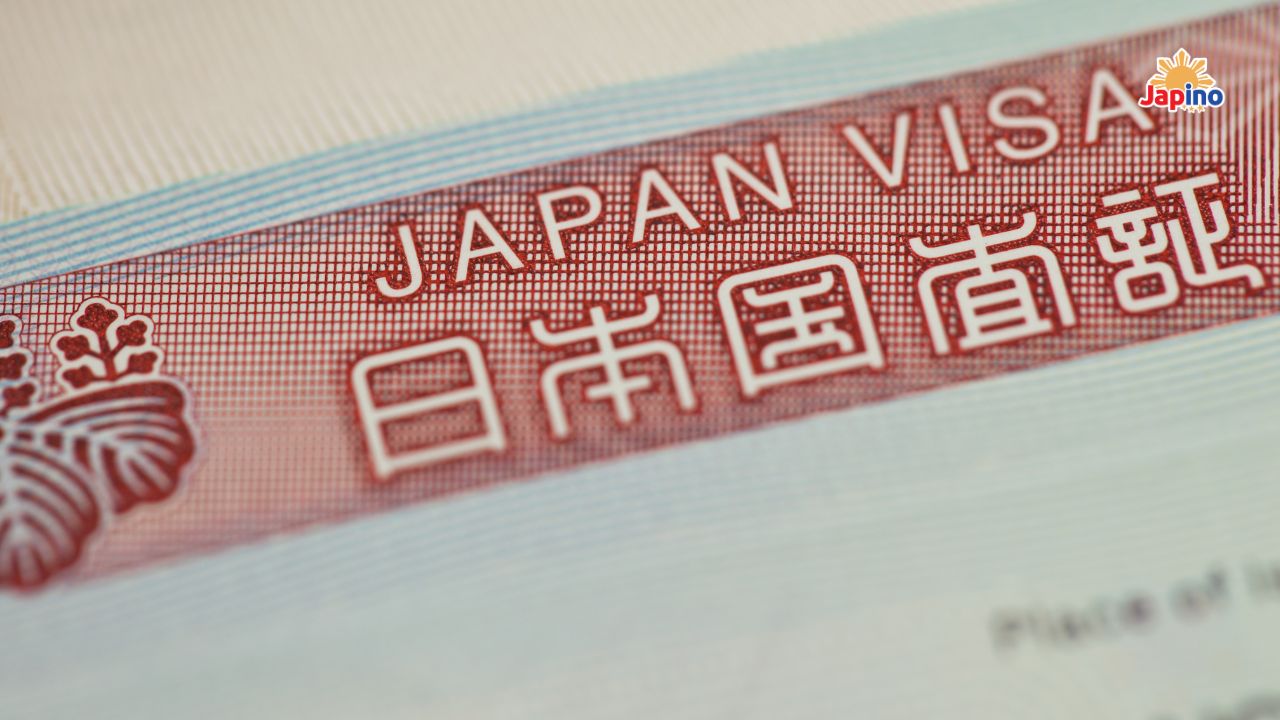PERMANENT RESIDENCE TO BE REVOKED IF TAXES ARE NOT PAID?

On March 15, the cabinet approved a bill to establish a new system of “training and employment” to replace the technical internship program. The bill also includes a provision that allows the government to revoke the permanent residence permit of a foreigner who resides in Japan with “permanent resident” status if he or she fails to pay taxes and social insurance premiums.
Consideration of “Permanent Residence Permit Revocation Possible Even with Imprisonment or Imprisonment of Less Than One Year:
According to the “Guidelines for Permanent Residence Permits” published by the Immigration Bureau, the legal requirements for a permanent residence permit include “good conduct,” “sufficient assets to earn a living,” and “residence for at least 10 years in principle,” as well as “public obligations (tax payment, payment of public pension and public medical insurance premiums, immigration and immigration insurance premiums),” and “a good work record.
In addition, “must properly fulfill public obligations (e.g., paying taxes, paying premiums for public pension and medical insurance, and notifying the Immigration Control and Refugee Recognition Act)” are also included.
Under the current law, once a foreigner’s permanent resident status has been approved, it cannot, in principle, be revoked even if the requirements are no longer met. The Immigration Bureau has stated that “there have been cases of permanent residents willfully failing to pay taxes, etc.,” and has called for a system that would allow local governments to report malicious cases to the agency and have their permits revoked.
In addition, under the current law, foreigners who are sentenced to imprisonment or imprisonment for more than one year are subject to deportation. Still, the amendment to the law is considering making it possible to revoke a permanent residence permit even if the sentence is less than one year of imprisonment or imprisonment.
The Cabinet decision on the bill is also posted on the Immigration Bureau’s official website as a “bill submitted to the Diet,” and is expected to be enacted during the current Diet session.
“Foreigners will no longer be able to live safely in Japan.”:
On February 9, the day the policy of the new system was announced, the NPO “National Network in Solidarity with Migrants” issued a statement opposing the introduction of a new status of residence revocation system for permanent residents. According to the statement, permanent resident status is granted only after meeting strict requirements, such as having lived in Japan for a certain number of years and leading a stable life.
In addition, the screening process for permanent resident status has become more rigorous in recent years, and many foreign residents are not granted permanent resident status even after living in Japan for many years. It is possible that a foreign national who was making a stable living at the time of application for permanent residence status may no longer be able to make a living due to illness, unemployment, or economic downturn.
In addition, it is possible for anyone to become delinquent in paying taxes or social insurance premiums due to a decrease in income or a procedural error. Because of the risk of non-renewal of other residence statuses depending on circumstances, the permanent residence permit has been a “lifeline” for foreigners who wish to lead a stable life in Japan.
However, if the law is revised so that permanent residence permits are at risk of being revoked immediately, foreigners will not be able to live in Japan with peace of mind. In addition, for non-payment of taxes and social insurance premiums and minor violations of laws and regulations that are not grounds for deportation, it would be sufficient to impose penalties such as demand, seizure, administrative penalties, and punishment in accordance with the law, just as is the case for Japanese nationals,” he said.
If the penalty of revocation of status of residence is imposed only on foreign nationals who have established a sufficient basis for living in Japan and have received permanent resident status, this is discrimination against foreign nationals” (from the statement). Of these, about 100,000 are permanent residents under the age of 18. If children’s permanent residence permits are revoked in conjunction with their parents’ permanent residence permits, there is concern that the children’s career paths and futures will be seriously affected.
YAHOO NEWS
April 16, 2024
https://news.yahoo.co.jp/articles/6284cf64806ad93ae92113f837a75a693c652a16
























